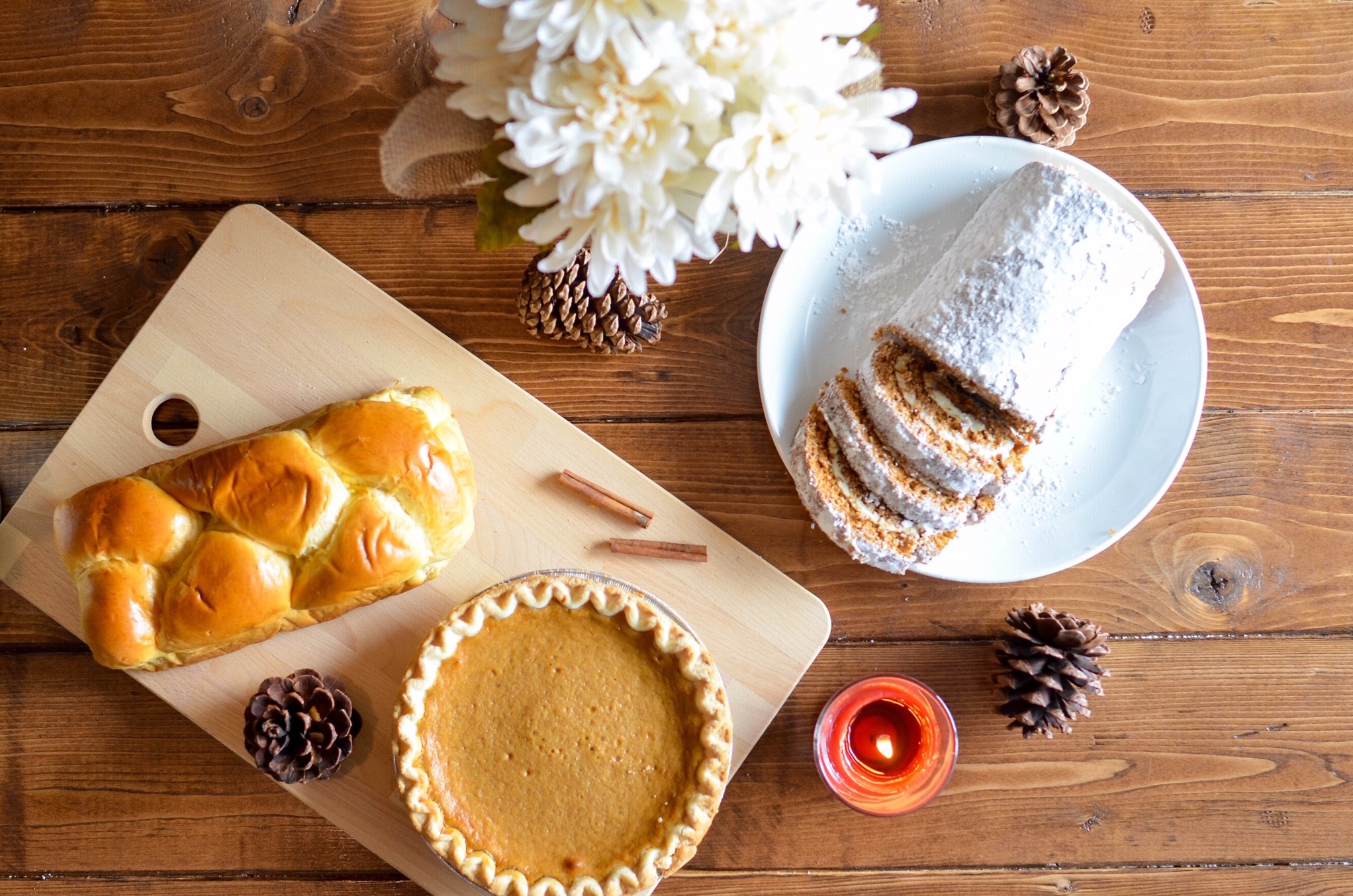Happy Halloween!
It’s getting spooky!
Today is the scariest time of the year! All sorts of monsters, witches, and other miscellaneous creatures will be coming to our doors and asking for treats. We all need to make sure we’re being safe and keeping an eye out for mischievous behavior. For everyone’s safety, we’ve included a list of 13 safety tips for the big night!
sure we’re being safe and keeping an eye out for mischievous behavior. For everyone’s safety, we’ve included a list of 13 safety tips for the big night!
1. Flame resistant costumes. There will be an awful lot of candles and fire tonight so make sure that it’s not even a possibility for your child’s costume to catch on fire.
2. Plan a route. You’ll want to have an exact idea of where you’re going and which neighborhoods you’ll be in. Although some streets may look tempting, they may not be the safest place for you to take your child up to stranger’s doors.
3. Have an adult per 3 children. You might think you can handle all of those kiddos on your own, but once they see candy being given out, or their favorite movie character costume, they’ll be out of control and you’ll be wishing for a helper. It’s best to use caution and keep a good ratio of adults to kids.
4. Be sure to be looking both ways while crossing streets. There are plenty of distracted drivers and distracted walkers/runners and none of us want an accident. Be wise and use your eyes.
5. Keep electronic devices put away to be more alert. You’ll need to know where you’re walking and who’s around you in order to stay as safe as possible.
6. Always walk on sidewalks (only sidewalks) to make sure you’re not on private property or getting lost. Plus, you never know what might be in someone’s yard! Stay smart and use what the cities gave us. Sidewalks are a perfect way to ensure that you know where you’re going.
7. Stay in well-lit areas. Although this time of year is for scary things and pranks, some people might not be pranking, they might be serious. If this is the case, you’ll want to stay in well lit areas to avoid those people.
 8. Feed your children a big nutritious meal prior to trick-or-treating! This will keep their bellies full and make it less likely that they’ll try to eat all of their candy that night. It’s important to spread out the candy throughout the next couple days or weeks. If they eat too much sugar within a small period of time, they’ll get stomach aches and potentially be sick. They’ll also be outside in the cold weather and candy shuts down the immune system, making it easy for them to catch a cold or the flu.
8. Feed your children a big nutritious meal prior to trick-or-treating! This will keep their bellies full and make it less likely that they’ll try to eat all of their candy that night. It’s important to spread out the candy throughout the next couple days or weeks. If they eat too much sugar within a small period of time, they’ll get stomach aches and potentially be sick. They’ll also be outside in the cold weather and candy shuts down the immune system, making it easy for them to catch a cold or the flu.
9. Use face paint instead of a mask to help the child have better vision. The ability for them to have clear views of their surroundings is important while wandering the streets at night. They’ll also need the ability to know without a doubt that no cars are coming while they cross the street.
10. Have a flash light or glow stick. Wear bright colors and/or reflective material on costumes. Making your children (or yourself) visible is the safest way to be out in the dark.
11. Make sure costume isn’t hazardous and the child can safely walk without tripping.
12. When driving, slow down and take extra time to be sure that no children are in the road. You’re child may be in the back seat crying or digging into their candy, but those problems can be solved prior to driving, to ensure the safety of others as well.
13. Always check your child’s treats! There could be anything in there and you’ll want to be sure you know what they’re going to be eating. Anything that has been opened (even if it appears to have been an accident) should be thrown away.
Have a fun and safe Halloween everyone, and send us your favorite candies and costumes!









 Many people walk around under the illusion that they don’t need insurance. Unfortunately, this illusion is a dangerous mirage that can create a perilous financial future for those who buy into it. In order to show you just how necessary insurance is for every individual, let’s talk about vampires.
Many people walk around under the illusion that they don’t need insurance. Unfortunately, this illusion is a dangerous mirage that can create a perilous financial future for those who buy into it. In order to show you just how necessary insurance is for every individual, let’s talk about vampires.


 sure we’re being safe and keeping an eye out for mischievous behavior. For everyone’s safety, we’ve included a list of 13 safety tips for the big night!
sure we’re being safe and keeping an eye out for mischievous behavior. For everyone’s safety, we’ve included a list of 13 safety tips for the big night! 8. Feed your children a big nutritious meal prior to trick-or-treating! This will keep their bellies full and make it less likely that they’ll try to eat all of their candy that night. It’s important to spread out the candy throughout the next couple days or weeks. If they eat too much sugar within a small period of time, they’ll get stomach aches and potentially be sick. They’ll also be outside in the cold weather and candy shuts down the immune system, making it easy for them to catch a cold or the flu.
8. Feed your children a big nutritious meal prior to trick-or-treating! This will keep their bellies full and make it less likely that they’ll try to eat all of their candy that night. It’s important to spread out the candy throughout the next couple days or weeks. If they eat too much sugar within a small period of time, they’ll get stomach aches and potentially be sick. They’ll also be outside in the cold weather and candy shuts down the immune system, making it easy for them to catch a cold or the flu. 



 An Extra Hour of Sleep… An Extra Hour to Organize
An Extra Hour of Sleep… An Extra Hour to Organize 
























